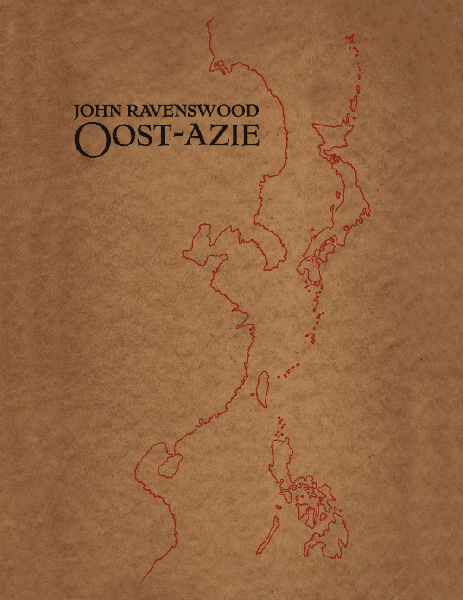Former High Court of Australia Justice Michael Kirby once termed the sodomy offence ‘England’s Least Lovely Criminal Law Export.’ Much has been said about this nefarious side-effect of the supposed rule of law exported throughout the British Empire in the form of Section 377 of the Indian Penal Code. There is a certain irony in seeing non-Western leaders defending this colonial law implementing colonial values as protecting local tradition against pernicious Westernisation. However, noticing this irony also directs the observer to something often missed in discussions of the prohibition of ‘carnal intercourse against the order of nature’ between consenting men: it is racist.
The lessons of intersectionality are still often ignored in studies of both sexuality and colonialism. Race is important to understand the views on sexuality on colonies, since it is the concept at the base of the subjugation of entire peoples. In order to justify such complete exploitation, you need the ultimate dichotomy of humans versus non-humans, or: Europeans versus non-Europeans. Literature written during the colonial period highlights this process: the strong and vigorous white European, epitome of human rationality, is juxtaposed with the corrupt and incomprehensible colonial subject, cesspit of carnal vices. In Dutch Indies literature this takes the shape of the tropics intruding on the white, clean houses of the Europeans, slowly corrupting the white world.
In Singapore—with which I am most familiar of the former British colonies—this dichotomy of virtue and vice is easy to spot in Section 377A’s history. The port city, perhaps more than is normal for port cities, was often casted as a lawless, seedy place. Besides benefitting the People’s Action Party’s narrative of 1959/1965 as a turn-around, there may have been some modest truth to this narrative, but it also echoes the image of oriental despondency so nicely illustrated by J. Slauerhoff’s ‘Donkeyman,’ in which his ship, after months of wandering across the Indian Ocean, ends up in opulent Singapore. Eventually the subject—unlike his less sensitive fellow sailors—ends up with a fair Japanese prostitute, who does not truly belong in ‘murderous’ Singapore, like those coarse Chinese do, in their squalid houses.
Morality legislation was often passed to tame this lascivious place. Section 377A’s enactment in 1938—expanding the prohibition of homosexual behaviour beyond what was already part of Section 377—was meant specifically to halt the corrupting influence of eastern sensuality. In that time the build-up of tension before the Second World War meant that more soldiers and sailors than usual passed through Singapore. Freshly arrived East of Suez, these healthy boys from England’s green and pleasant land were extra susceptible to corruption by the oriental vice of the Asian male prostitutes in Bugis Street, often cross-dressers known derogatorily as ‘ah gua.’ Asian depravity needed to be kept away from the moral Europeans. Section 377 was deemed as not strong enough in cases involving transvestites or cases that did not involve penetration, so more was needed.
Section 377A is naturally also sexist: it is an outgrowth of the fact that colonial administration almost exclusively dealt with administering brown men, erasing the women. In the Anglo-Dutch system the Chinese community fell under a kapitan or majoor china, the indigenous people were often dealt with via their ‘traditional’ rulers. Both were invariably male. Female sexuality was too private or non-existent to be dealt with by law, whereas male sexuality could be seen in public and thus needed to be kept in check. Above all, white masculinity was a cornerstone of European colonialism and thus needed to be protected with the full power of the law.
While Section 377 was repealed by the Parliament of Singapore in 2007, Section 377A (“Outrages of decency”) was retained:
Any male person who, in public or private, commits, or abets the commission of, or procures or attempts to procure the commission by any male person of, any act of gross indecency with another male person, shall be punished with imprisonment for a term which may extend to 2 years.
This statute is not actively enforced, but has been used still in recent years in cases of rape, and public indecency. In an instance of the former this would also mean that the victim too would be prosecutable, although the judge in a rape case in 1998 remarked that the victim’s innocence was proven by his lack of ‘homosexual tendencies.’ This implies that in this judge’s view a gay rape victim would be just as guilty as his rapist.
What began as a way to keep the superior European clean from corrupting Asian values is now defended invoking those same notions. But I cannot help but feel there is something utterly vile about it.

Leave a Reply